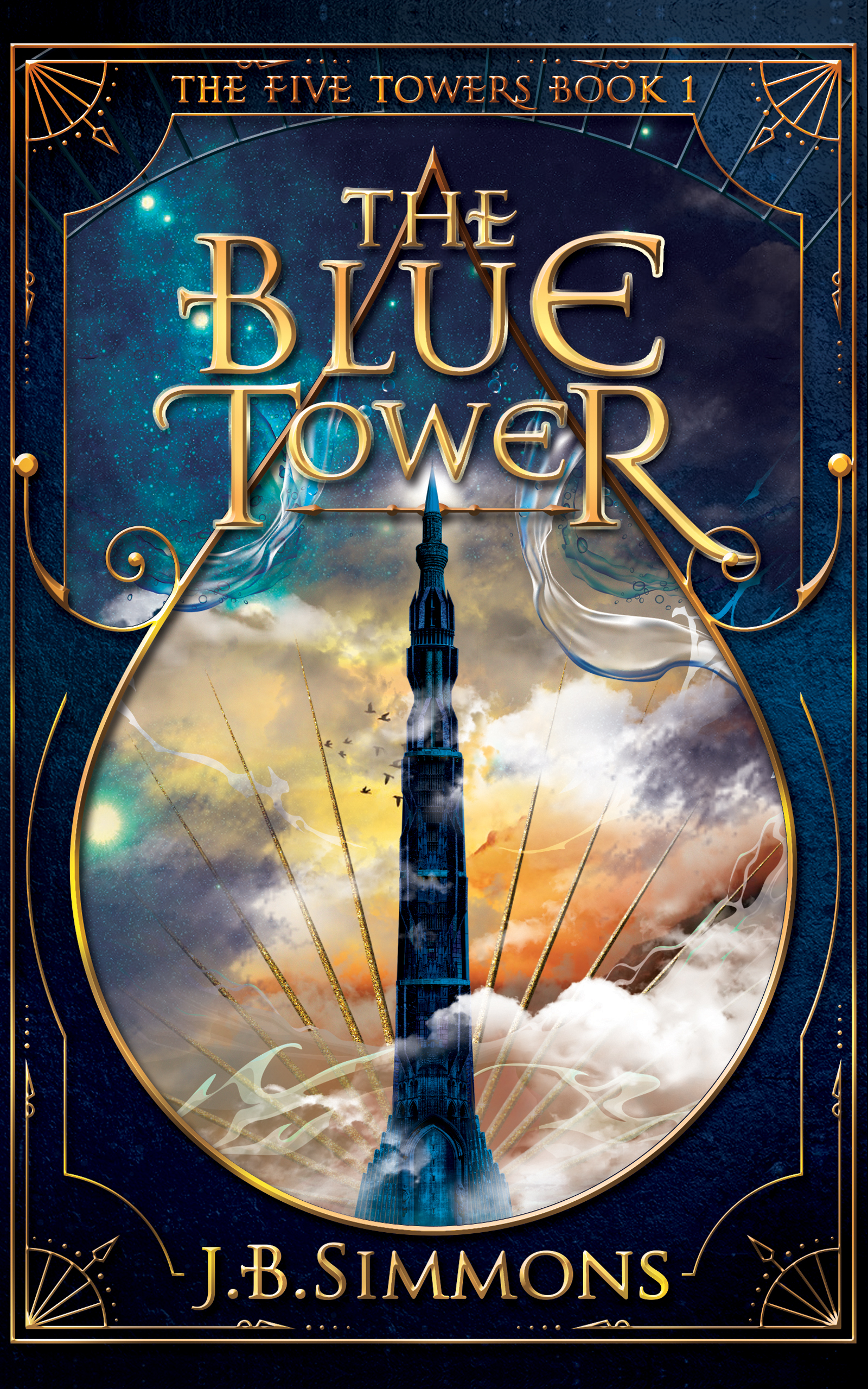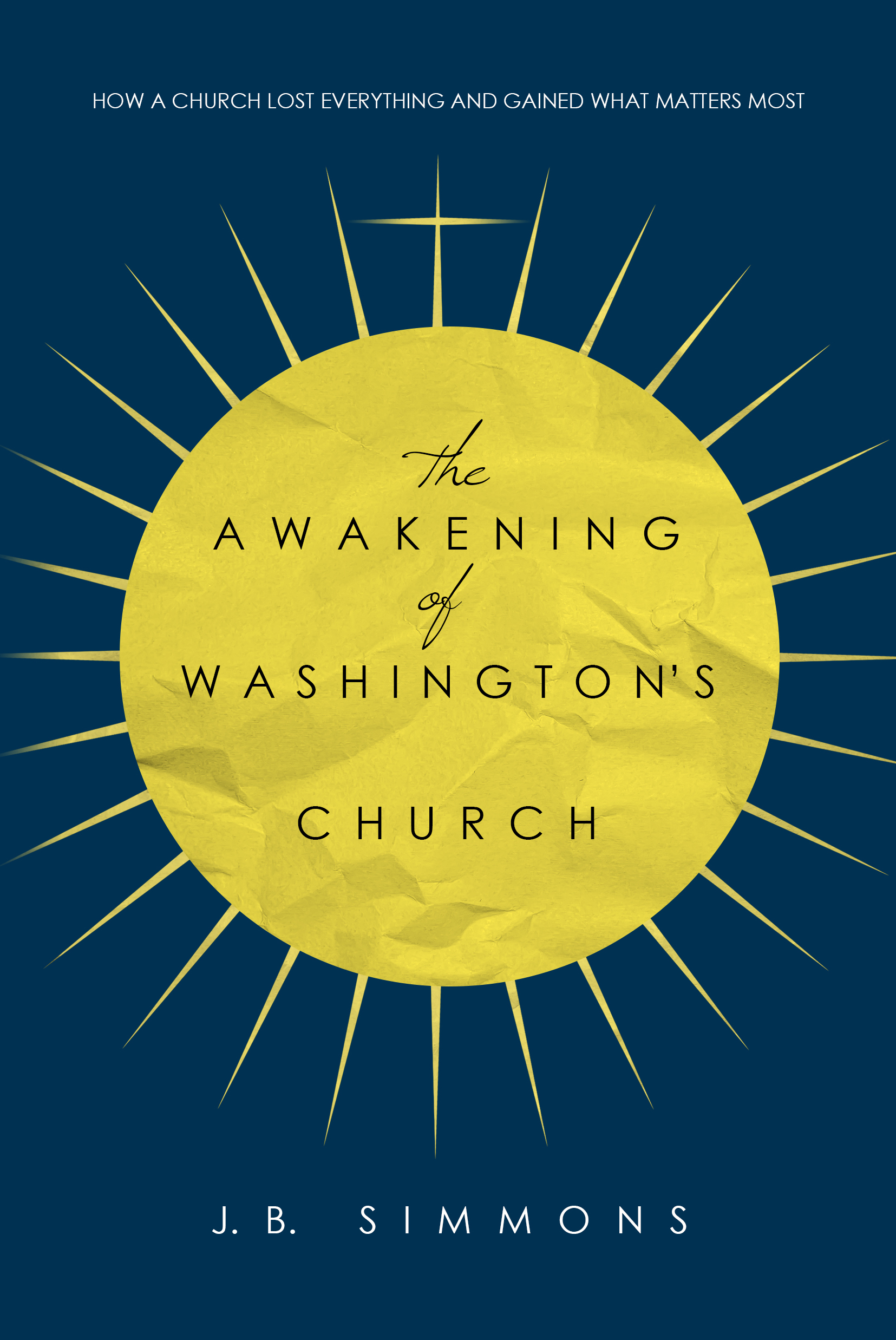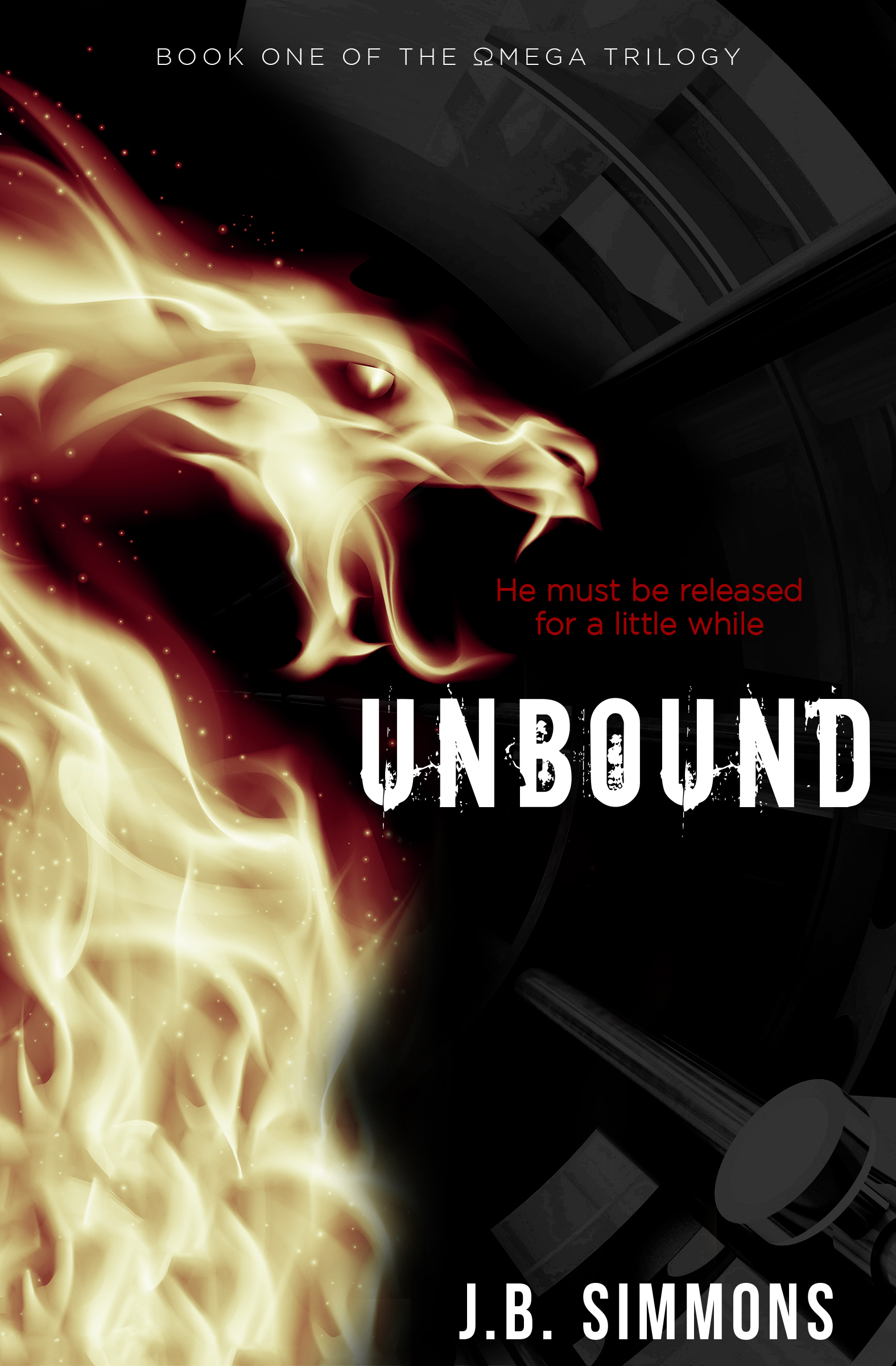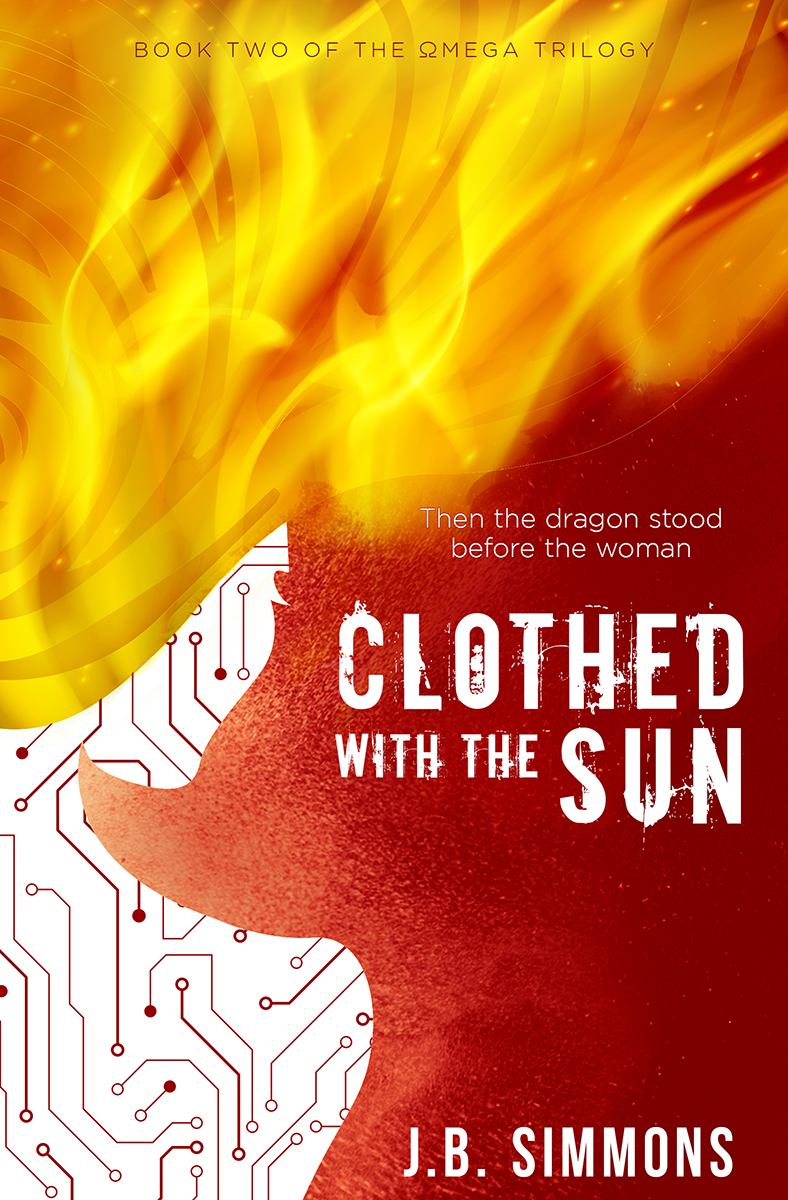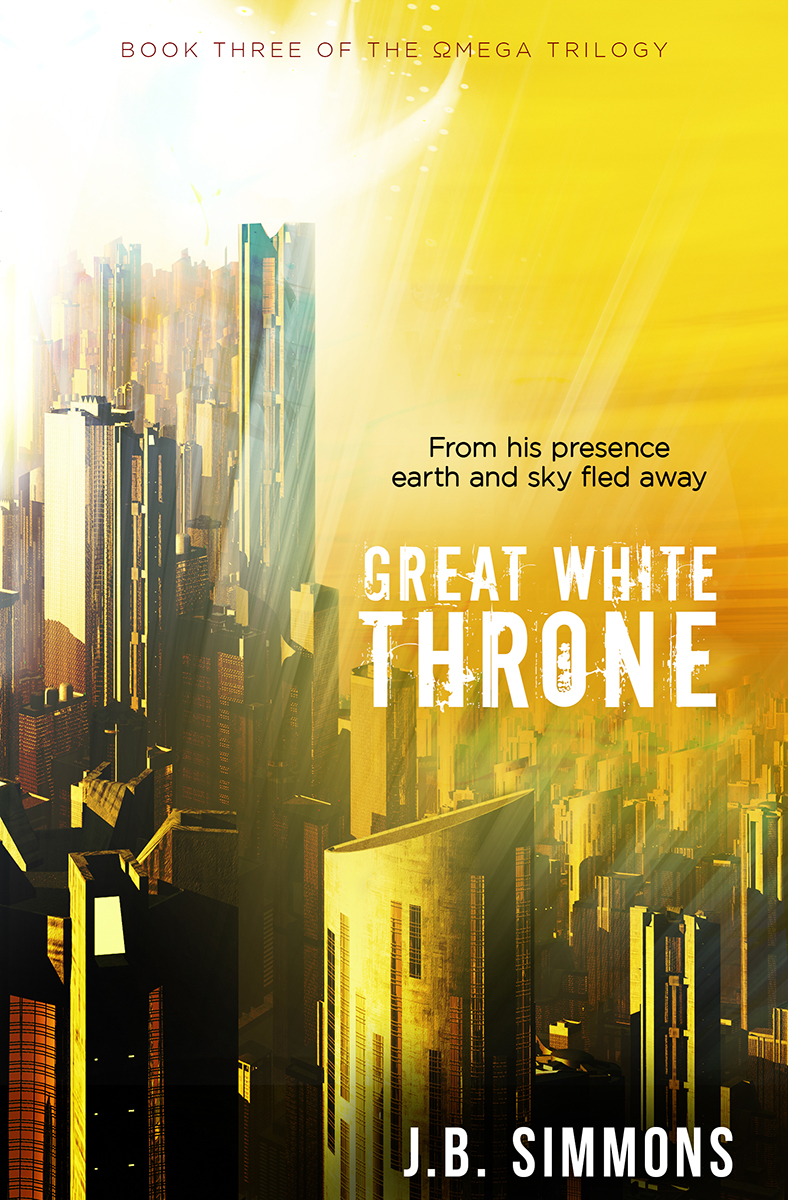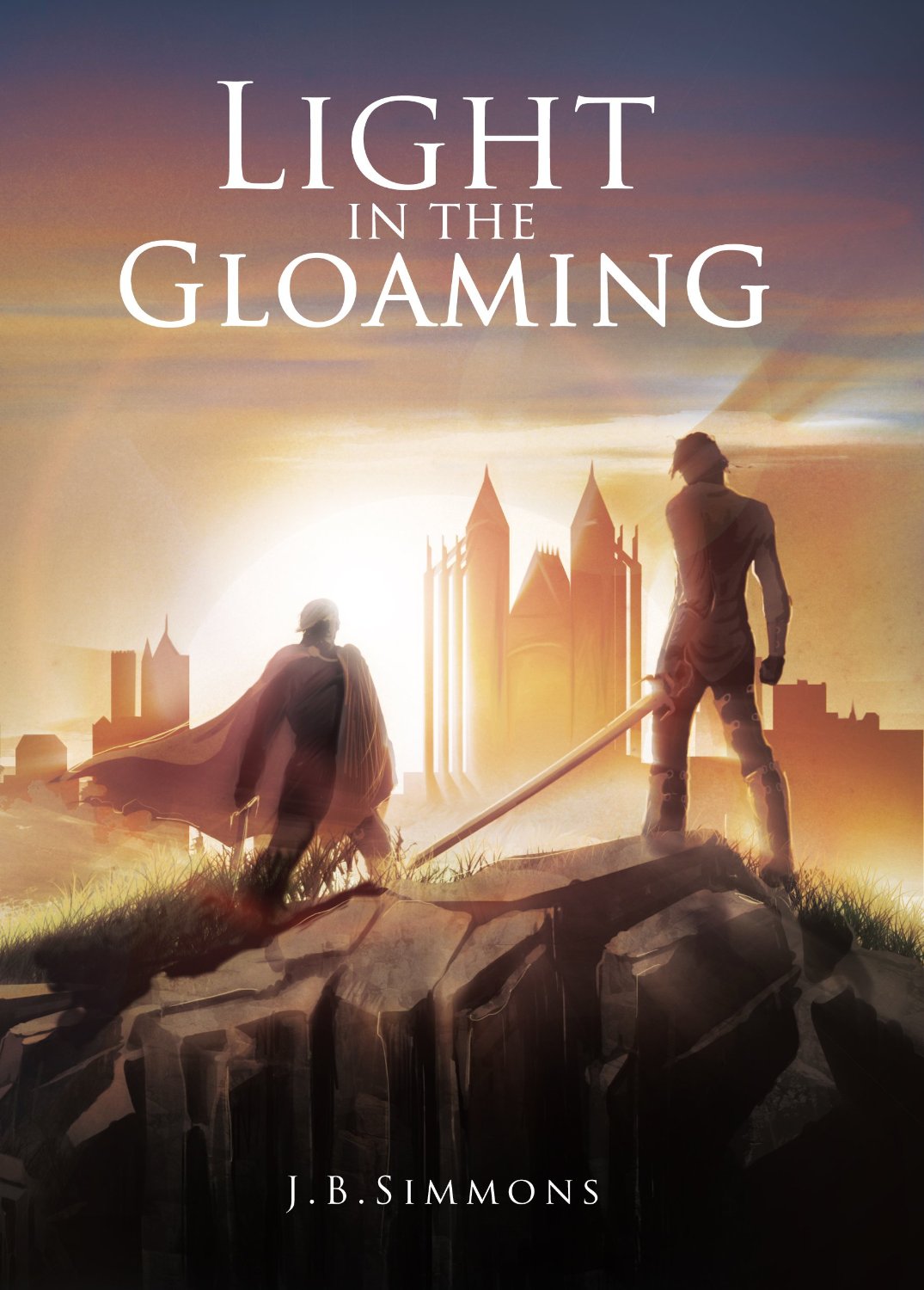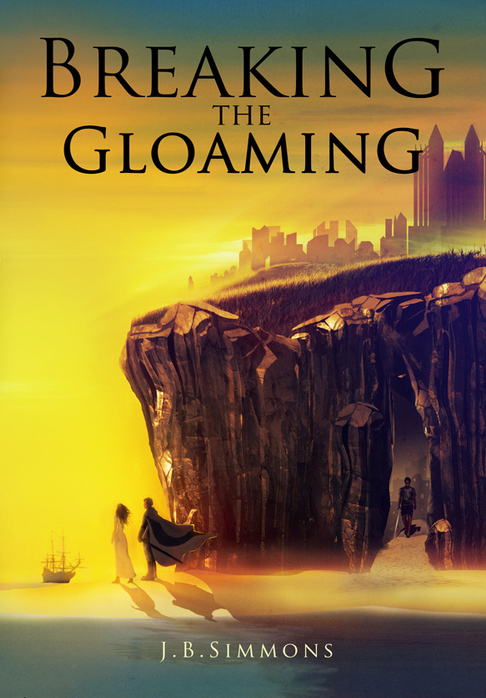Writing A Compelling True Story: Fiction Tools For Non-Fiction
/The third book of the Omega Trilogy, Great White Throne, is in my editor’s hands. I’m trying to keep it out of my mind, so I can look at it fresh in a few weeks. The best way to do that: start something new.
That’s what I’m doing, and this new story is powerful and good. It has great characters and big ideas. But it’s quite different from my novels. Mainly, it’s not fiction.
Switching gears from fiction to true story presents some challenges. Here’s what I’ve learned so far.
"Non-Fiction" letterpress bookmark by Paisley Dog Press
Front-Loaded Research
Fiction starts with bad first drafts. All it takes is a kernel of an idea to start. Then you enter the routine. You sit in the chair and you type. Same place, same time, every day. Next thing you know, you have a manuscript on your hands.
You think it’s harder than that? Why do you think the book market is so saturated? Have you heard of NaNoWriMo? It’s National Novel Writing Month, and it means that hundreds of thousands of people write 50,000 words in November. Those words become novels, some good and many bad. This shows, at the very least, that it’s easy to start.
Non-fiction doesn’t work like that, especially when it’s based on history. You must do a lot of homework before any meaningful words can fill the pages.
For my project, this has meant reading and interviews. I’ve read several non-fiction books, and my reading list keeps growing. I’ve interviewed a dozen people. This takes a lot of time. I have to travel to meet folks. I sit down with them, sometimes over a meal. I try to ask the right questions. I listen.
I leave these interviews with pages of garbled notes. If I’m lucky, I might get a few choice lines for the ultimate book. But not many.
Interviews and research are about gathering the feeling, the tone, of a true story. The beauty of interviews is that I hear stories. I hear real people talk about what matters most to them—what they’ve lived and experienced and seen. This is powerful.
But research is only the beginning for a writing a true story.
You Can’t Make It Up (Not Much, Anyway)
Since non-fiction involves real people, real stories, I have to capture them as accurately as I can. I’m following the three R’s of narrative nonfiction. But that’s not enough. I also must weave these stories together in a compelling way.
Experience with fiction helps. Because I’ve written novels, I’ve seen how words can move people. I recognize the patterns, the rises and falls, and the tensions that make readers want to turn the page.
The best example I’ve seen of this comes from Steven Pressfield. I love Pressfield’s writing. He’s an ex-marine, and when I read his prose, I’m ready to say, “Sir, yes Sir!” He writes with a power and punch that few achieve.
Pressfield has brought this style to bear in both fiction and non-fiction. His first breakout novel, Gates of Fire, tells the story of the 300 Spartans who fought and died together in Thermopylae. It’s based on history, but it’s undoubtedly fiction. (He’s also done inspirational in The War of Art, which is a must-read for anyone who is serious about writing or any other craft. It’s among my writing tools.)
Most recently, Pressfield wrote an opus that called on all his talents: The Lion’s Gate. He tells the true story of the Israelis who won the Six Day War in 1967. The story reads like a novel that happens to be true. Here’s how Pressfield explains it:
“Before I address what this book is, let me state what it is not. It is not a comprehensive history of the Six Day War. . . . Nor does this book pretend to document the ‘facts’ of the war. The meat of this narrative is the testimony of soldiers and airmen. It is their memories. Memory can be a tricky animal. Is it ‘truth’? Is it ‘history’? Is it ‘fact’? I’m less concerned with these questions. . . . What fascinates me is the subjective immediacy of the event. I want to be in the cockpit, inside the tank, under the helmet. What is important to me is the event as the man or woman experienced it.”
He goes on to call this style “hybrid fiction,” and he executes it brilliantly. That’s kind of my model, focusing on people’s experiences, except without the tanks.
Great Writing Harnesses Stories Of All Kinds
Humans thrive on story, and good writing is needed to pass stories along. Novels prove this, but so do the true stories.
The basic tools of the craft are the same in fiction and non-fiction. William Zinsser says it well: “Good writing has an aliveness that keeps the reader reading from one paragraph to the next, and it’s not a question of gimmicks to ‘personalize’ the author. It’s a question of using the English language in a way that will achieve the greatest clarity and strength.”
I’m excited with this shift from fiction to non-fiction. It might be a one-time experience for a special book, or the beginning of a new passion. Either way it’s worth the effort. Maybe if I practice the craft in many ways, then someday—maybe someday soon—an opus like The Lion’s Gate will arise from my written words.
Let’s make our stories count — J.B.



